In 1910, the Pennsylvania Railroad successfully accomplished the enormous engineering feat of building tunnels under New York City's Hudson and East Rivers, connecting the railroad to New York and New England, knitting together the entire eastern half of the United States. The tunnels terminated in what was one of the greatest architectural achievements of its time, Pennsylvania Station. Penn Station covered nearly eight acres, extended two city blocks, and housed one of the largest public spaces in the world. But just 53 years after the station’s opening, the monumental building that was supposed to last forever, to herald and represent the American Empire, was slated to be destroyed.
Related Movies
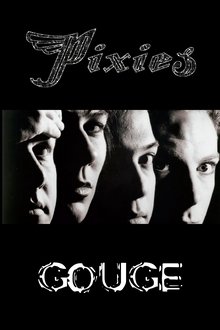
Pixies: Gouge (2004)
Gouge - a documentary tracing The Pixies' story featuring interviews with Bono, David Bowie, Thom Yorke and Jonny Greenwood (Radiohead), Graham Coxon and Alex James (Blur), Fran Healy and Andy Dunlop (Travis), P J Harvey, Tim Wheeler (Ash), Gavin Rossdale (Bush) and Badly Drawn Boy.
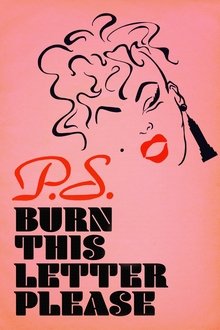
P.S. Burn This Letter Please (2020)
A box found in an abandoned storage unit unearths a time capsule of correspondences from a forgotten era: the underground drag scene in 1950s New York City. Firsthand accounts and newly discovered footage help cast a long overdue spotlight on the unsung pioneers of drag.
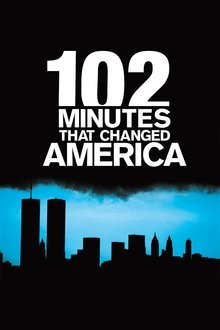
102 Minutes That Changed America (2008)
The morning of September 11, 2001 is shown through multiple video cameras in and around New York City, from the moment the first WTC tower is hit until after both towers collapse.
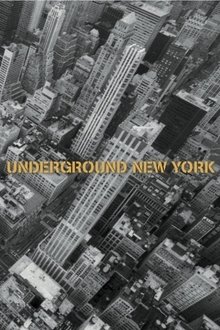
Underground New York (1968)
A rare behind-the-scenes view of the exploding New York “underground” in the late sixities, a turbulent time and place that was to change American culture forever. A German TV crew, led by journalist Gideon Bachmann, explores the epicenter of the sixties revolution in art, music, poetry and film and interviews the main players in the “New American Cinema,” that was born on the streets of New York. Against a backdrop of cultural upheaval in all of the arts and growing political agitation against the Vietnam War, Bachman interviews the most prominent figures in “underground film,” including Jonas Mekas, Shirley Clarke, the Kuchar Brothers and Bruce Connor, and visits the most notorious location in the New York art world of the era - Andy Warhol’s Factory - to conduct an interview with the genius of Pop Art himself.
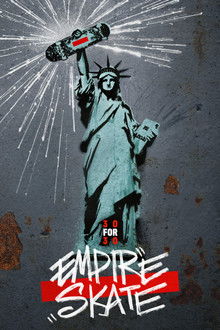
Empire Skate (2025)
Empire Skate chronicles the colorful rise and enduring influence of New York skateboarding culture in the 1990s, through the global phenomenon of Supreme and intimate portraits of the skaters who breathed life into that world. From the highs of breakout film success and the creation of a brand and movement to the lows of fractured families and the loss of close friends, it is a style-and-substance trip through a unique moment when multiple trends converged on one city to create something timeless.
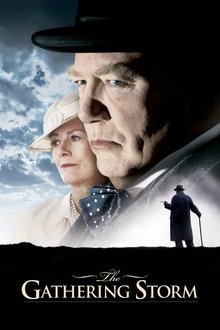
The Gathering Storm (2002)
A love story offering an intimate look inside the marriage of Winston and Clementine Churchill during a particularly troubled, though little-known, moment in their lives.
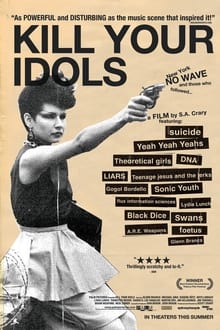
Kill Your Idols (2004)
A 2004 documentary on thirty years of alternative rock 'n roll in NYC.Documenting the history from the genuine authenticity of No Wave to the current generation of would be icons and true innovators seeing to represent New York City in the 21st century
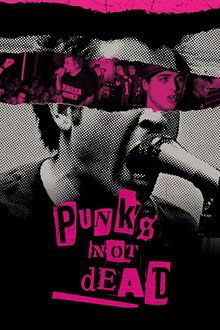
Punk's Not Dead (2007)
On the edge of the 30th anniversary of punk rock, Punk's Not Dead takes you into the sweaty underground clubs, backyard parties, recording studios, shopping malls and stadiums where punk rock music and culture continue to thrive.
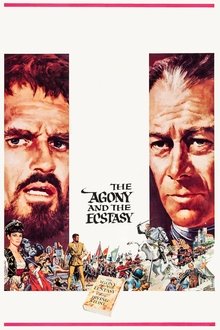
The Agony and the Ecstasy (1965)
During the Italian Renaissance, Pope Julius II contracts the influential artist Michelangelo to sculpt 40 statues for his tomb. When the pope changes his mind and asks the sculptor to paint a mural in the Sistine Chapel, Michelangelo doubts his painting skills and abandons the project. Divine inspiration returns Michelangelo to the mural, but his artistic vision clashes with the pope's demanding personality and threatens the success of the historic painting.
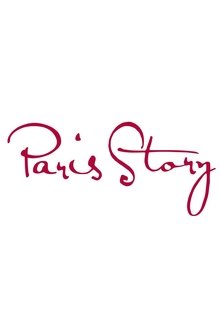
Paris Story (2014)
Who has not dreamed of embracing the city of Paris from the sky? Fly and explore the exceptional places that have shaped and are shaping the history of Paris: Eiffel Tower, Notre Dame de Paris, the Louvre, the Bastille, Invalides, the Opera ... Far from the clichés of postcards out of marked routes by travel guides, this new film invites viewers to an exceptional private tour of the city of Paris. Travel through the centuries and be witnesses of the birth of the City Lights. This new production reveals one of the most influential capitals in the world as you've never seen.
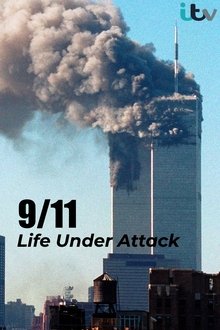
9/11: Life Under Attack (2021)
A unique and compelling account of the day that changed the modern world, captured by ordinary people who chose to pick up their cameras and film that fateful day.
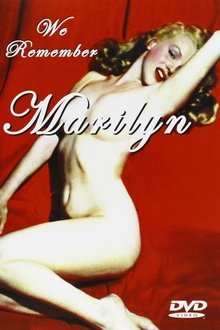
We Remember Marilyn (1996)
We Remember Marilyn. Marilyn Monroe transforms from Norma Jean, a cuddly teenager, into the most recognizable face and body in the world in these home movies, photos and film clips which span her early bit parts to her most known roles.

It's Always About the Story: Conversations with Alan Ladd, Jr. (2016)
During his career, Mr. Ladd has been an agent, studio head, and Academy Award-winning producer. In our film, he shares an intimate oral history of the trials, tribulations, heartbreak, and joy of bringing some of the most iconic and memorable motion pictures to the screen. Mr. Ladd has been associated with films that have garnered over 150 Academy Award nominations and 50 wins. He has green lit or produced such iconic motion pictures as Star Wars, Alien, The Right Stuff, Young Frankenstein Gone Baby Gone, and the Academy Award-winning best pictures, Chariots Of Fire and Braveheart.

The Day Hitler Died (2015)
The story of Hitler’s final hours told by people who were there. This special features exclusive forgotten interviews, believed lost for 65 years, with members of Hitler’s inner circle who were trapped with him in his bunker as the Russians fought to take Berlin. These unique interviews from figures such as the leader of the Hitler Youth Artur Axmann and Hitler’s secretary Traudl Junge, have never before been seen outside Germany. Using rarely seen archive footage and dramatic reconstruction, this special tells the story of Adolf Hitler’s final days in his Berlin bunker.

The NHL: 100 Years (2017)
A documentary chronicling the highs and lows of the first century of the National Hockey League, featuring interviews with noteworthy players, coaches and experts.
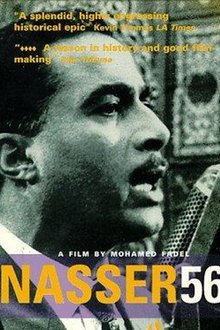
Nasser 56 (1996)
Nasser 56 is a 1996 Egyptian historical film directed by Mohamed Fadel, starring Ahmed Zaki. The film focuses on the nationalization of the Suez Canal by Egypt's second President, Gamal Abdel Nasser, and the subsequent invasion of Egypt by Israel, the United Kingdom, and France.
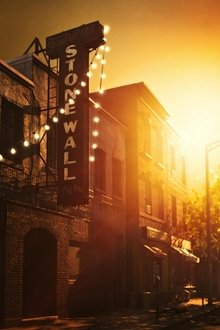
Stonewall (2015)
Kicked out by his parents, a gay teenager leaves small-town Indiana for New York's Greenwich Village, where growing discrimination against the gay community leads to riots on June 28, 1969.

Flatball: A History of Ultimate (2016)
On May 8, 1989, Sports Illustrated ran an article about Ultimate frisbee… about a team with no name hailing from New York City that was about to change the sport forever. From its 1968 New Jersey birth to its unanimous 2015 recognition by the International Olympic Committee, FLATBALL circles the globe to showcase four decades of world-class Ultimate and goes even further: to a set of fields in the Middle East to understand and demystify the unique spirit of the game.
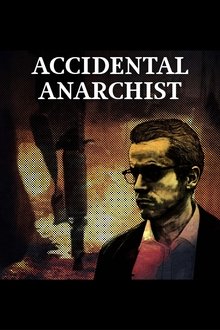
Accidental Anarchist (2017)
Carne Ross was a government highflyer. A career diplomat who believed Western Democracy could save us all. But working inside the system he came to see its failures, deceits and ulterior motives. He felt at first hand the corruption of power. After the Iraq war Carne became disillusioned, quit his job and started searching for answers.
